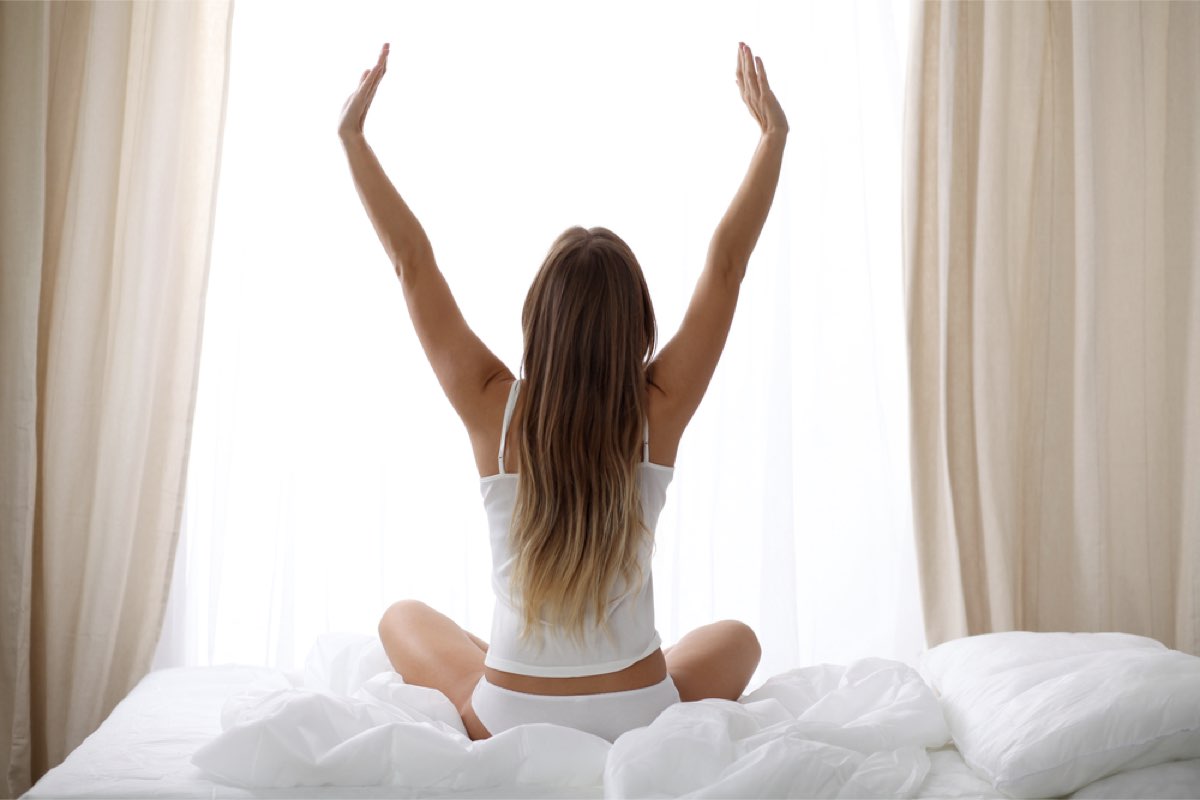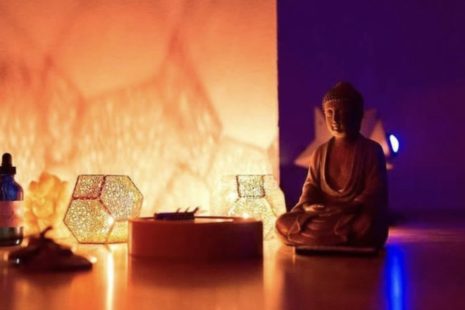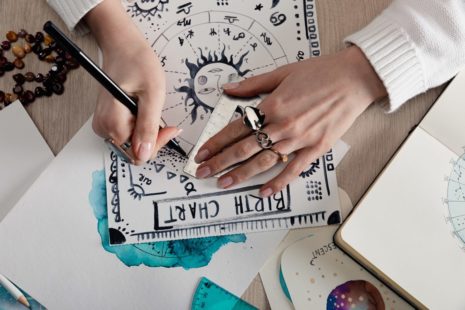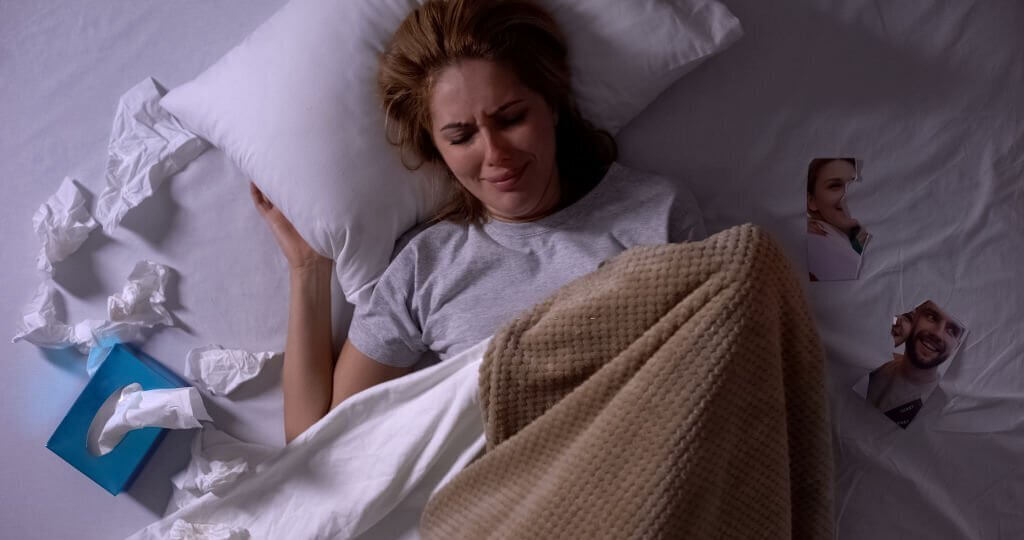What’s more essential than working out, more of a buzzword than kale and oh-so-elusive for many of us? Good sleep, of course. Many of us are chronically deprived, and don’t even know why we need it. We turned to Lisa Artis, head of The Sleep Council, to fill us in…
Why is sleep so important?
Sleep, regardless of age, is extremely important to a healthy lifestyle and should not be taken lightly. It is a basic and fundamental human requirement and has restorative functions. We need a good night’s rest to ensure we’re feeling fit, thinking sharply and generally to give us the appetite and enthusiasm to make the most of everyday living.
Why is it more important now than ever before?
There is a lot more focus on health and wellbeing than there ever has been, and sleep is the third pillar of health alongside diet and exercise. Technology – like apps and trackers – have also had an influence with people tracking how much they’ve slept, how well they’ve slept etc. While it’s great that people are becoming more aware, it’s important to not overthink it. The best sleepers are those who just hop into bed and naturally fall asleep within 15 minutes.
How is sleep linked to mental health?
Closely! Lack of it can affect mental health, but mental health problems can also affect how well you sleep – both the quantity and the quality of it – so it’s extremely important to address both issues. Any health professional will always enquire about both mood and sleep behaviour when making any kind of diagnosis. Deprivation has a negative effect on physical and emotional ability.

Sleep has an important restorative function in ‘recharging’ the brain at the end of each day but also giving us the ability to manage and cope. Keeping a regular sleep-wake pattern allows the natural rhythm of the body to be reset every day and therefore optimises brain functioning. Ongoing poor sleep can be a huge risk factor for the development of major depressive disorder. The risk of feeling depressed and/or anxious (as well as worsening existing anxiety and depression) increases with the severity of insomnia, and so it is important to recognise and sort out sleep problems as soon as they are identified.
How can we ensure the best sleep possible?
It’s essential to follow good lifestyle habits and to eliminate the factors that are causing you disturbed slumber. For example, making sure your bedroom is the right environment (cool, dark and quiet), that your bed is comfortable and supportive, looking at the lighting in your home, and avoiding foods and drinks that can hinder sleep. Avoid screen time at least an hour before bed and find alternative ways of relaxing like warm baths with calming scents, quiet soothing music, reading, gentle stretching and yoga. It’s also important to establish a regular pattern – going to bed and waking up at roughly the same time. Your bodies and minds will feel much better for it.
What problems come from a lack of sleep?
One bad night affects your mood, concentration and alertness. Long-term deprivation has far more serious consequences. It’s been linked to a number of serious health problems such as high blood pressure, heart disease, diabetes and stroke. Chronic disturbances can result in frustration and discomfort at night, and exhaustion and irritation during the day.
What is the Sleep Council and what are its goals?
The Sleep Council is an impartial advisory body. It raises the awareness of the importance of a good night’s sleep to health and wellbeing. It also provides helpful advice and tips on how to improve sleep quality and create the perfect sleep environment.
Zzz in peace…
Get your weekly DOSE fix here: SIGN UP FOR OUR NEWSLETTER
Main image: Shuttershock
















